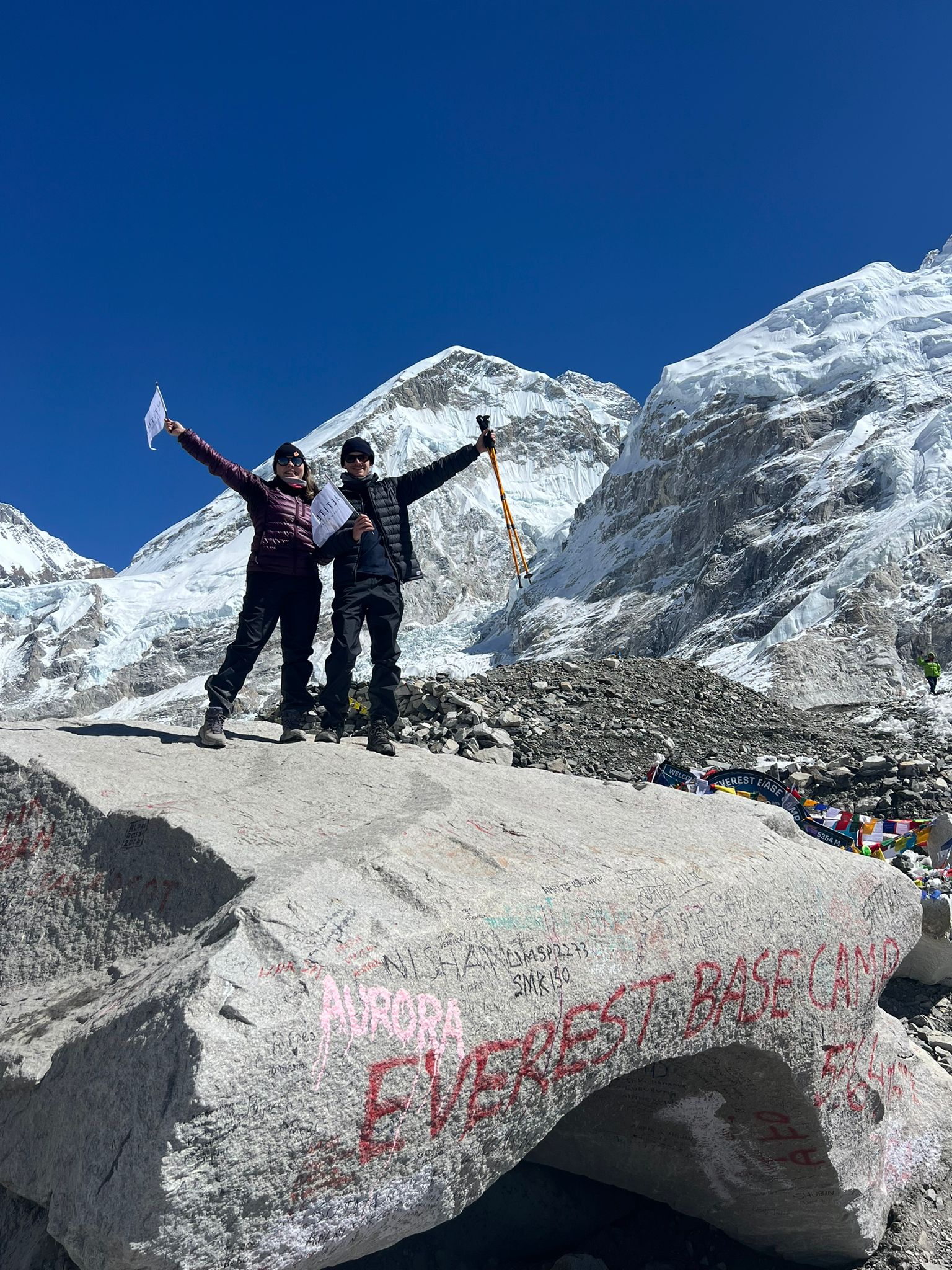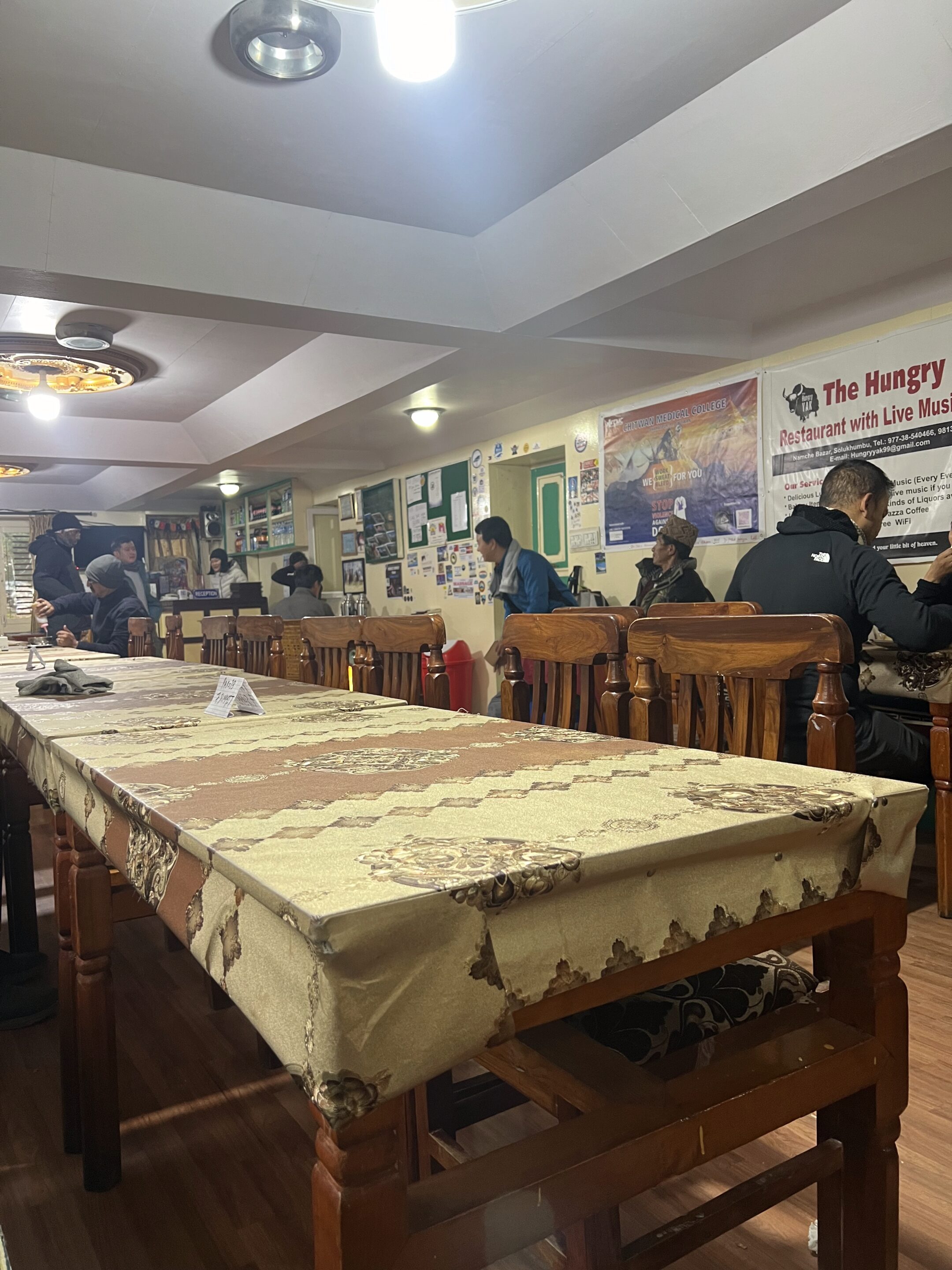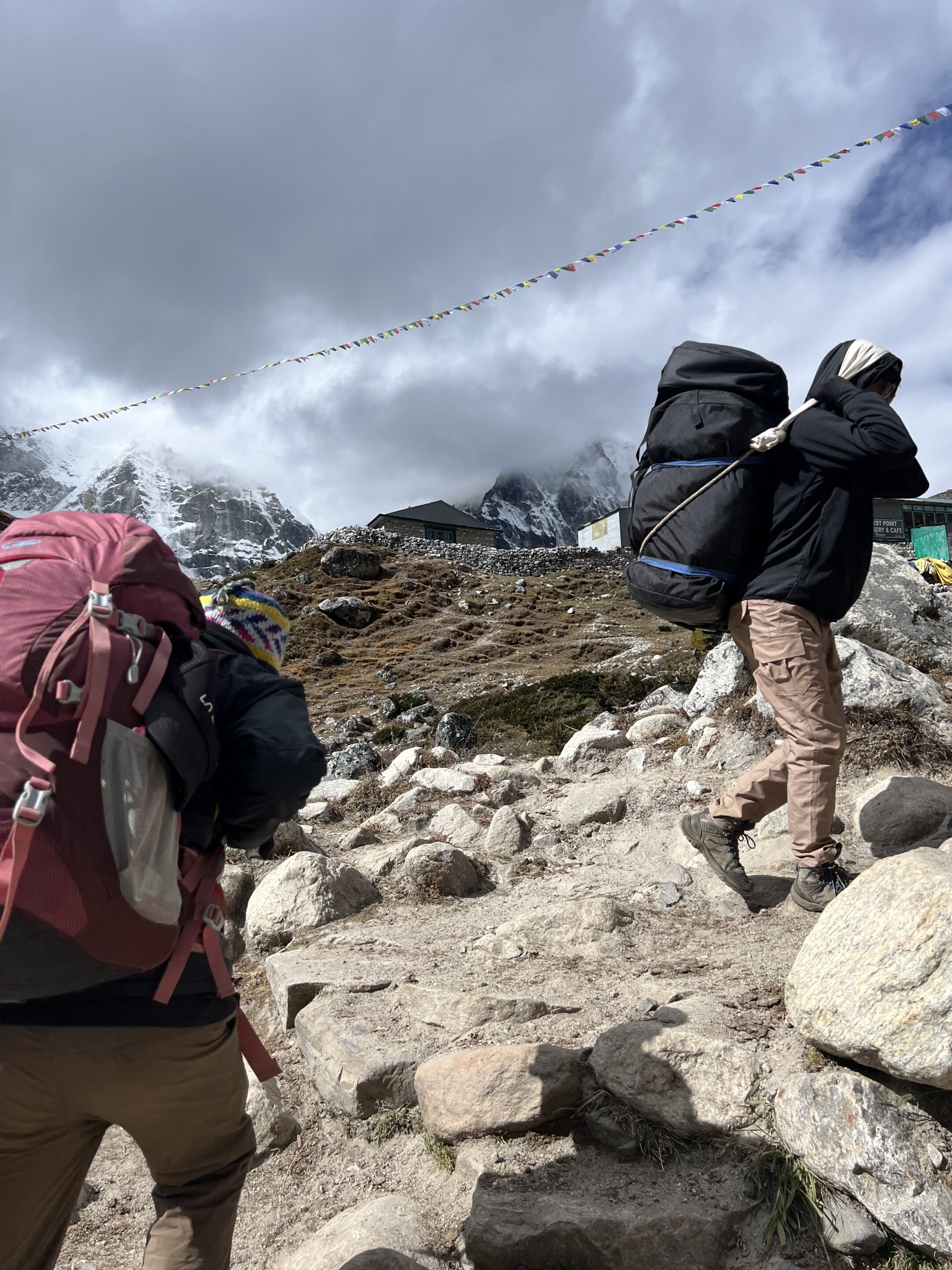The Everest Basecamp Trek is an adventure of a lifetime, but many trekkers return with insights they wish they had before they started. If you’re planning your own journey to EBC, here are some of the most common “I wish I knew” moments shared by those who have already made the trek.
1. The Trek is More Mentally Challenging Than Expected
Many trekkers assume that the biggest challenge will be physical endurance. While the hike is demanding, the mental aspect—long days, unpredictable weather, altitude discomfort, and the monotony of hiking for days—can be just as tough. Keeping a positive mindset and preparing for slow, steady progress is key.

2. Acclimatization is Everything
Altitude sickness is a real threat, and no amount of physical fitness can fully prepare you for it. Trekking slowly, taking acclimatization days seriously, and staying well-hydrated are crucial. Some trekkers say they wish they had taken prepared better or known how serious altitude sickness could be before experiencing it firsthand.
3. Packing Light is Essential
Many trekkers regret overpacking. The weight of your backpack (or what your porter carries) adds up quickly. Essentials include quality base layers, a warm down jacket, a good pair of trekking boots, and a well-fitted backpack. But many first-timers wish they had left behind excess toiletries, heavy electronics, and multiple outfit changes.
4. The Tea Houses Are Basic—Really Basic
Lodging along the route is simple, with limited heating, shared bathrooms, and occasional power shortages. Many trekkers wish they had brought an extra sleeping bag liner for warmth, as well as more cash for occasional WiFi and charging fees.


5. Food is Repetitive but Comforting
Dal Bhat, noodles, and potato-based dishes are the staple foods along the trail. Many trekkers wish they had brought electrolyte packets and snacks from home to add variety. Also, while meat is available, it’s often recommended to avoid it due to hygiene concerns at higher elevations.
6. Expect Unpredictable Weather
Even in peak trekking seasons, weather in the Himalayas can change rapidly. Many trekkers wish they had packed better rain gear, warmer gloves, and extra socks to handle sudden snow or rainstorms.

7. Trekking Poles Are Lifesavers
Some people start without trekking poles and end up buying or borrowing them along the way. They help tremendously on steep descents, reducing strain on the knees and improving balance on uneven terrain.
8. Cash is King
ATMs are unreliable and disappear after Namche Bazaar. Trekkers wish they had carried more Nepalese rupees for food, WiFi, battery charging, and small luxuries like hot showers.

9. The Descent Can Be Just as Hard as the Ascent
Many trekkers focus on getting to Basecamp and forget that the descent is long and demanding. Fatigue, sore knees, and the desire to rush back can make this part more difficult than expected.
10. You’ll Want More Time to Enjoy the Journey
Some people regret rushing the trek due to tight schedules. Taking extra days for side trips (like the hike to Kala Patthar) and soaking in the scenery makes for a much richer experience.

Final Thoughts
Every Everest Basecamp trek is unique, but learning from those who have gone before can make your experience smoother and more enjoyable. Being prepared for both the expected and unexpected will help you appreciate the journey and embrace the challenge!
If you’ve completed the EBC trek, what do you wish you had known beforehand? Share your insights in the comments below!
